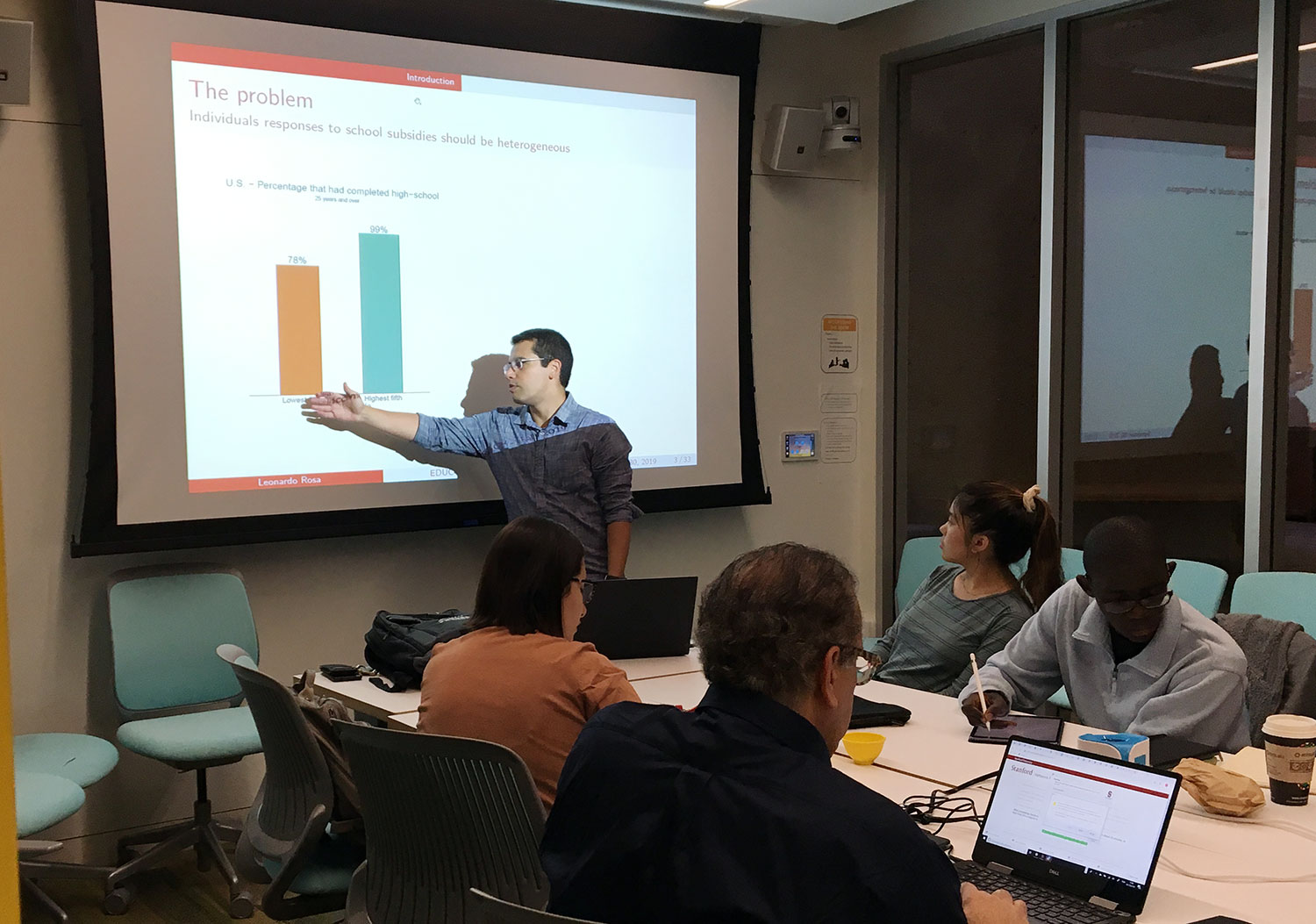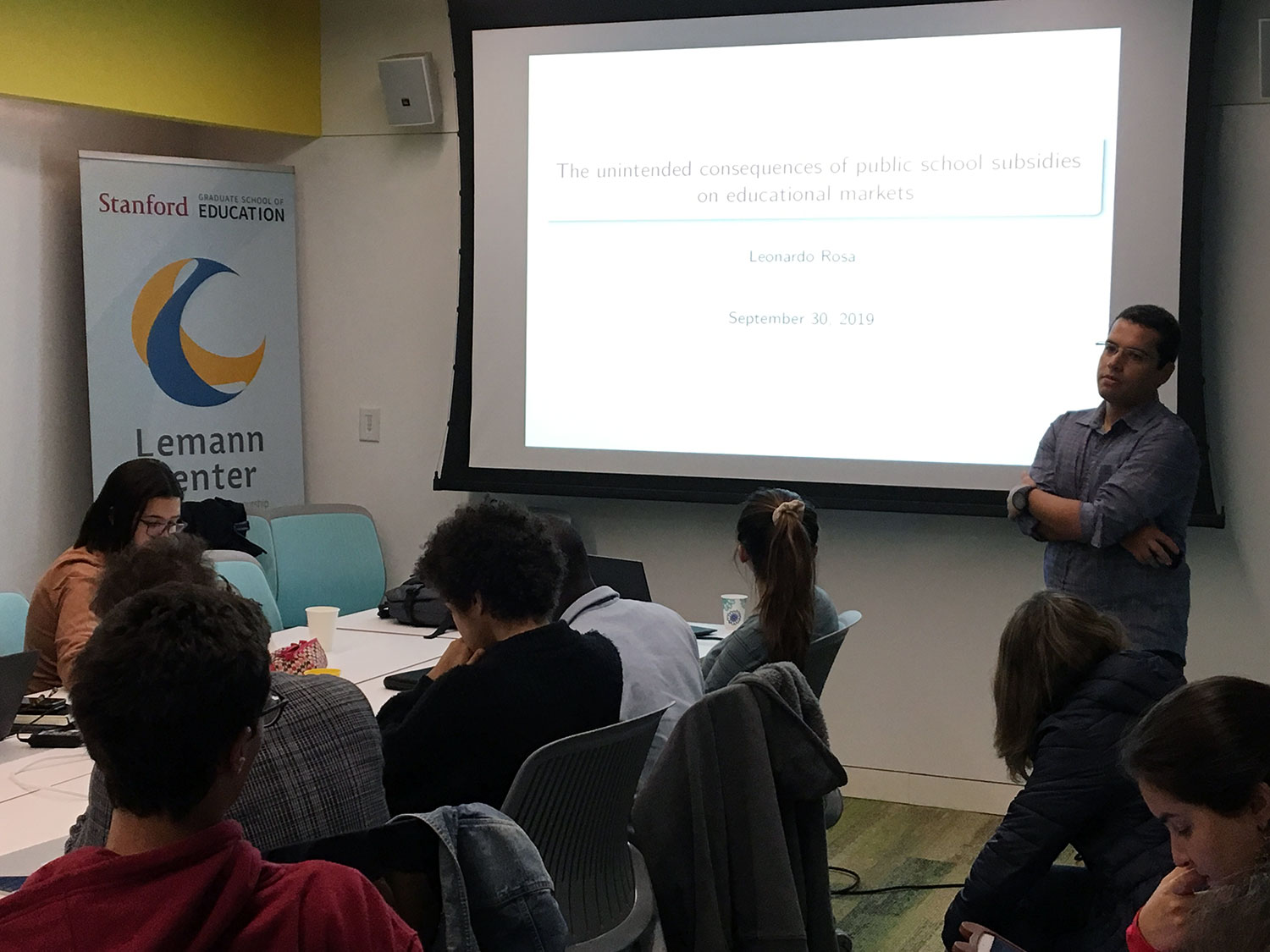
The unintended consequences of public school subsidies on educational markets
Although the primary mode of education spending is through providing school inputs, there is a lack of evidence on how educational market participants respond to these school-inputs policies. This paper addresses the question of how these policies affect students’ school choice behavior. To do so, I study a state program that provides subsidies to public high schools to lengthen their school days. Using a quasi-experimental approach that combines event-study and difference-in-differences methods, I analyze two main effects of lengthening the school day in high school on students’ decisions. First, I investigate whether public expenditures crowd out private expenditures. Second, I estimate the effects of the program on high school dropout rates. I found that increasing the length of the school day for public high schools reduces enrollment in private high schools and increases the likelihood of private schools closing, because—as I show—private middle school students migrate to public high schools receiving the subsidies. My results suggest that private schools are more affected if they are more similar to public schools with respect to test scores. Finally, I did not find convincing evidence that the program affected the likelihood of dropout for the low socioeconomic students who, in terms of opportunity cost, would be more affected by the program according to a simple utility-maximizing model.



